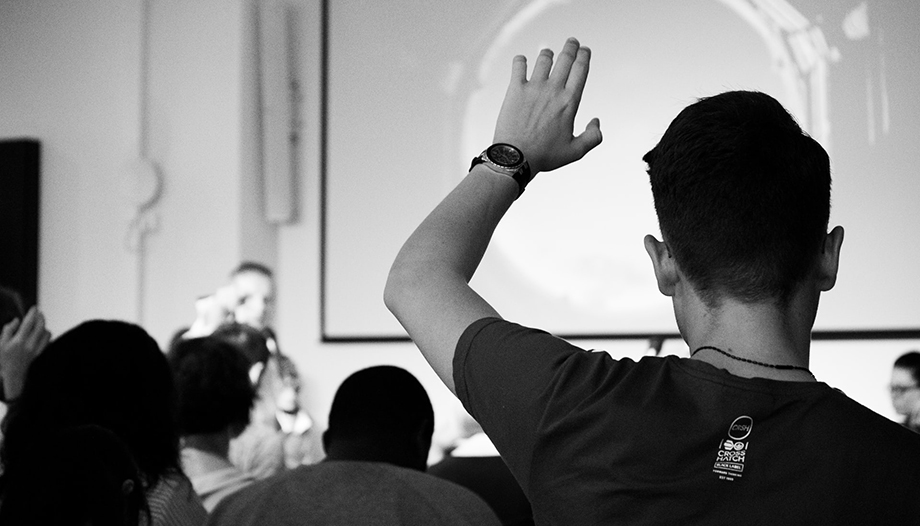Every day, and this is not new, we have experience of polemic conversations on the net in which everyone tries to impose their point of view on every topic that is debated in the public opinion, from vaccines to the match of one's national soccer team, from sensitive issues, which belong to the spiritual sphere, to political choices that are often counterproductive. Everything is attributed, as we read, to the container of hate speech.
This is because each of us has an innate capacity for persuasion (wanting to convince the other of the "goodness" of our ideas) but we prioritize the result rather than the way to get there. We forget that the spirit of debate is precisely that of never putting an "end point" to the discussion, but of continually feeding it with new opinions, points of view and stimuli, in a process of constant and fruitful counter-argumentation for each of the contenders.
Each of us has an innate capacity for persuasion but we prioritize the outcome rather than the path to get there.
Giovanni Tridente
How is it possible then to disagree in a conversation, to generate a debate that can be truly persuasive for the interlocutors and the audience, without falling into the "deviations" of argumentation? The proposal of the Italian philosopher Bruno Mastroianni, contained in his book The happy dispute How to disagree without fighting on social networks, in the media and in public (Rialp) has as its guiding principle "to maintain attention, energy and concentration on the issues and topics at stake, without breaking the relationship between the two contenders, precisely to nourish itself from the difference that arises," Mastroianni stresses.
The happy dispute implies acting on three levels to create a climate conducive to confrontation and good persuasion. The first level is to overcome the confrontational mentality to which the media has accustomed us. The second level is to consciously choose specific forms of expression in conversation with the other, avoiding, for example, dissociation ("this is not so", "this is wrong", "this is false"), indignation ("I will not tolerate this being said", "this is unheard of"), ad hominem judgments ("you are wrong", "you don't understand"), generalizations ("this is typical of you Catholics/atheists/foreigners/professors") or hate speech.... as these are all confrontational approaches that have a belligerent effect on the listener.
Finally, we must learn to put aside expressions that provoke a hostile reaction in the other, exercising, when necessary, a healthy "power to ignore", aware that, often, and especially on the net, the "non-response" is, in itself, a message, probably even more effective than an explicit reaction to the provocation received.
In a later book -Litigating if necessaryMastroianni goes further and summarizes the main virtues of the argument in the fingers of the hand, with an image that we consider successful, suggesting that the happy dispute is something "within reach" and that anyone can put it into practice.
The little finger recalls humility, the value of limits, to say that "we are able to sustain without quarrelling only the little that we are and what we know"; the ring finger, that of the wedding ring, recalls the bond, therefore the value of trust so as not to disperse while dissenting, aware that we must "take care first of all the relationship between people"; the middle finger recalls, instead, the need to reject aggression, defusing insults and provocations to stay on the subject of the dispute; the index finger is the one that chooses what to focus on and is therefore closely linked to the topic, as long as it is objective, concrete, relevant and coherent; finally, the thumb, the "like" finger on social networks, is really valued when in the dispute, the finger is oriented towards oneself, as a form of self-irony, that is, having the ability to live things with detachment without taking too seriously one's own and others' opinions, in short.
All this in the knowledge that the dispute, to be truly happy, must be continuous, because there are no subjects that cannot be discussed and there is no truth that cannot be found by rhetorical means, always susceptible to new agreements and new reformulations.











